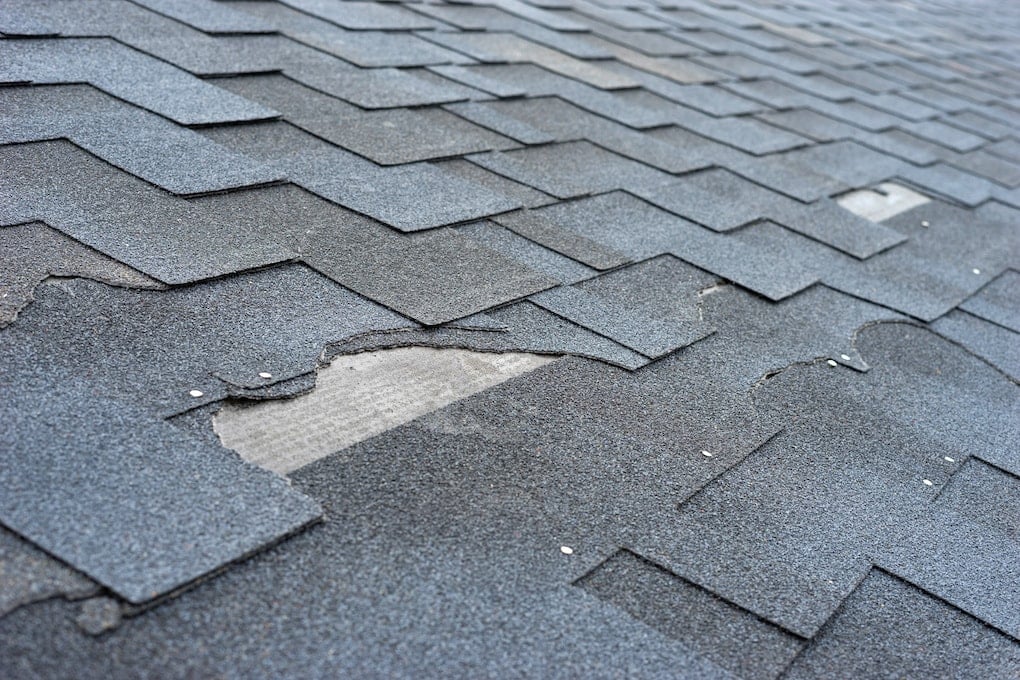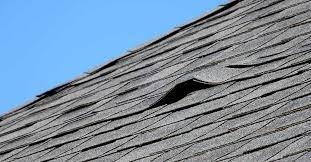
Assessing Roof Damage:
When it comes to your home, few things are as crucial as the roof over your head. It’s your first line of defense against the elements, shielding you from rain, snow, and harsh sunlight. However, over time, even the sturdiest roofs may show signs of wear and tear, leaving homeowners with the decision of whether to patch, repair, or replace.
Patching: Quick Fixes for Minor Issues
Patching is often the quickest and most affordable option for minor roof issues. It involves fixing isolated problems without replacing the entire roof. For example, if a few shingles have come loose or there’s a small leak around a chimney or vent, patching can address these issues effectively.
EZ Roofing Arkansas specializes in professional patching services, using high-quality materials and precise techniques to ensure lasting results. With our expertise, your roof will be back in top condition in no time.
Repair: Addressing Significant Damage
Repairing a roof involves addressing more significant issues that may affect its integrity. This could include repairing damaged flashing, fixing extensive leaks, or reinforcing weak areas. While repairs may cost more than patching, they are often more affordable than a full replacement and can extend the life of your roof significantly.
At EZ Roofing Arkansas, we have the skills and experience to handle roof repairs of any size or complexity. Our team will assess the damage thoroughly and provide honest recommendations to restore your roof’s strength and durability.
Replacement: Investing in Long-Term Solutions
In some cases, patching or repair may only serve as temporary solutions, especially if your roof is old or severely damaged. In these situations, a full replacement may be the most practical choice. While it requires a more significant investment upfront, a new roof offers numerous benefits, including improved energy efficiency, enhanced curb appeal, and increased property value.
As your trusted roofing partner, EZ Roofing Arkansas offers comprehensive roof replacement services tailored to your specific needs. From selecting the right materials to executing flawless installation, we’ll ensure that your new roof exceeds your expectations in terms of quality and performance.
Trust EZ Roofing Arkansas for Expert Solutions
When faced with roofing issues, whether big or small, choosing the right course of action is essential to protect your home and investment. At EZ Roofing Arkansas, we understand the importance of making informed decisions, which is why we offer free roof inspections and expert guidance every step of the way.
Whether you need a simple patch, minor repairs, or a complete roof replacement, you can trust EZ Roofing Arkansas to deliver exceptional results. Contact us today to schedule your free inspection and experience the difference firsthand.
Remember, when it comes to your roof, EZ Roofing Arkansas has you covered.






